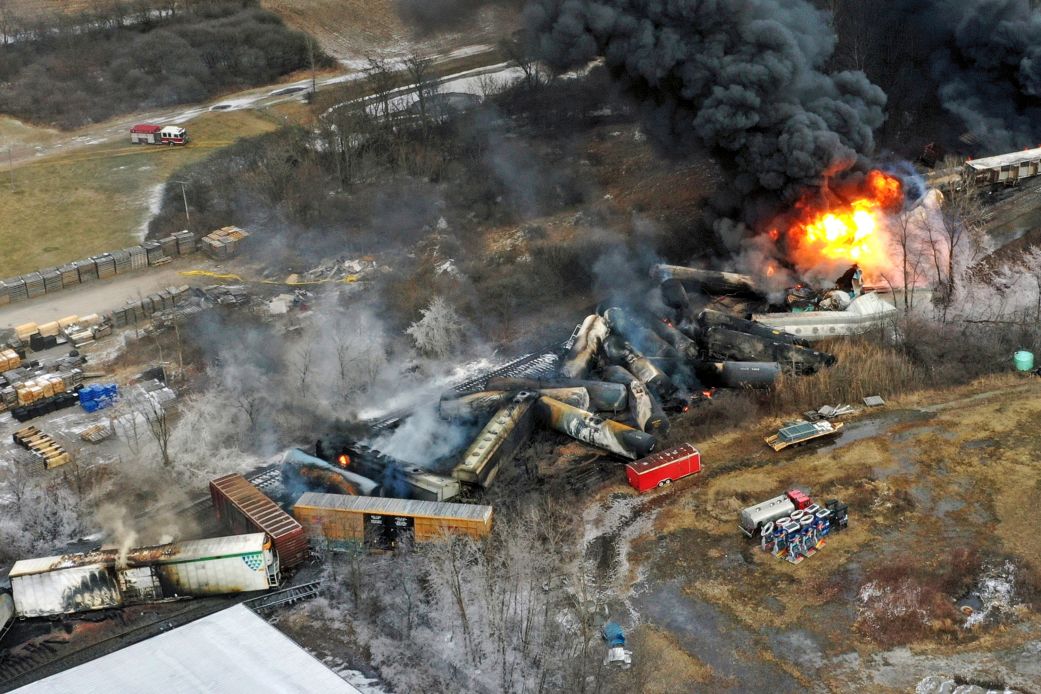MetroSouth Closure: A Stark Warning of Medicaid Cuts' Impact on South Suburban Healthcare
2025-06-20

Chicago Tribune
The recent closure of MetroSouth Hospital in Blue Island serves as a chilling example of the potential consequences of proposed Medicaid cuts. South suburban officials are raising serious concerns, warning that these reductions could severely undermine access to vital healthcare services for vulnerable populations. This article explores the MetroSouth situation, the looming threat of Medicaid cuts, and the potential repercussions for the community.
A Community in Crisis: The MetroSouth Closure
The abrupt closure of MetroSouth Hospital, a cornerstone of healthcare in Blue Island and the surrounding south suburbs, sent shockwaves through the community. For years, MetroSouth provided essential medical services to a diverse population, including emergency care, specialized treatments, and preventative care. Its closure leaves a significant gap in the healthcare landscape, forcing residents to travel further for medical attention and potentially delaying critical interventions. The reasons behind the closure are complex, involving financial challenges and shifting healthcare dynamics, but the impact is undeniable: increased strain on remaining hospitals, longer wait times, and reduced access for those who need it most.
Medicaid Cuts: A Looming Threat
While the MetroSouth closure highlights existing vulnerabilities, many officials fear that President Trump's proposed Medicaid cuts could exacerbate the situation dramatically. Medicaid provides healthcare coverage to millions of low-income individuals and families, including many seniors and people with disabilities. Significant cuts to Medicaid funding could lead to hospital closures, reduced services, and increased barriers to care. Hospitals already operating on thin margins, particularly those serving a high proportion of Medicaid patients, would be disproportionately affected.
The Ripple Effect: Consequences for South Suburban Residents
The potential consequences of Medicaid cuts extend far beyond hospital closures. Reduced funding could lead to:
- Reduced Access to Care: Fewer doctors, nurses, and specialists would be available, leading to longer wait times and difficulty getting appointments.
- Delayed Treatments: Individuals may delay seeking care due to cost or lack of access, leading to more serious health problems down the line.
- Increased Emergency Room Visits: As primary care becomes less accessible, more people may turn to emergency rooms for non-emergency care, further straining the healthcare system.
- Negative Health Outcomes: Ultimately, cuts to Medicaid could lead to poorer health outcomes and increased mortality rates.
A Call to Action: Protecting Healthcare Access
The MetroSouth closure and the threat of Medicaid cuts underscore the urgent need for policymakers to prioritize healthcare access and affordability. South suburban officials are urging residents to contact their elected representatives and advocate for policies that protect Medicaid and support local hospitals. Investing in healthcare is not just a matter of compassion; it's an investment in the health and economic well-being of the entire community. The lessons learned from the MetroSouth experience must serve as a wake-up call, prompting action to ensure that all residents have access to the quality healthcare they deserve. The future of healthcare in the south suburbs hangs in the balance, and the time to act is now.

:max_bytes(150000):strip_icc()/Health-GettyImages-DrinksForGutHealth-e0c1f46d4d5543f2b0da68f4dba39d24.jpg)




